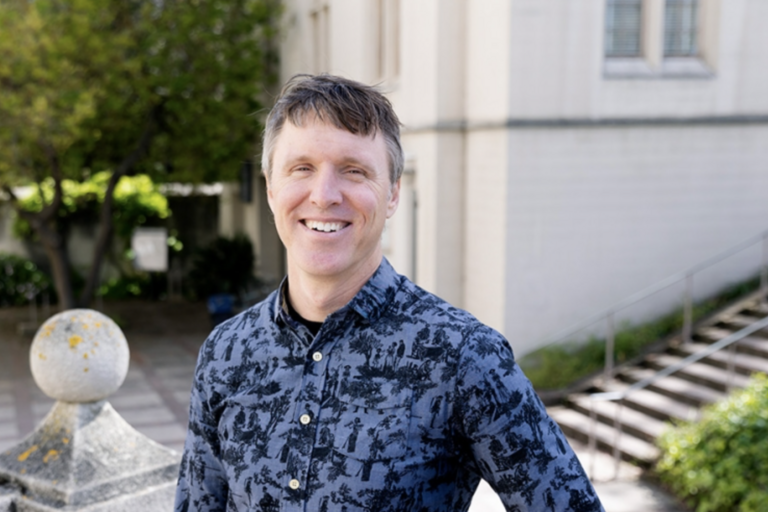
The Program in Critical Theory was launched with the intention of providing graduate students the opportunity to train in true interdisciplinarity, bringing together some of the most rigorous and innovative forms of critique from across the humanities and social sciences. Over the past 18 years and hundreds of graduate students, the Program in Critical Theory has nurtured field-defining scholarship and shaped critical conversations for generations to come.







